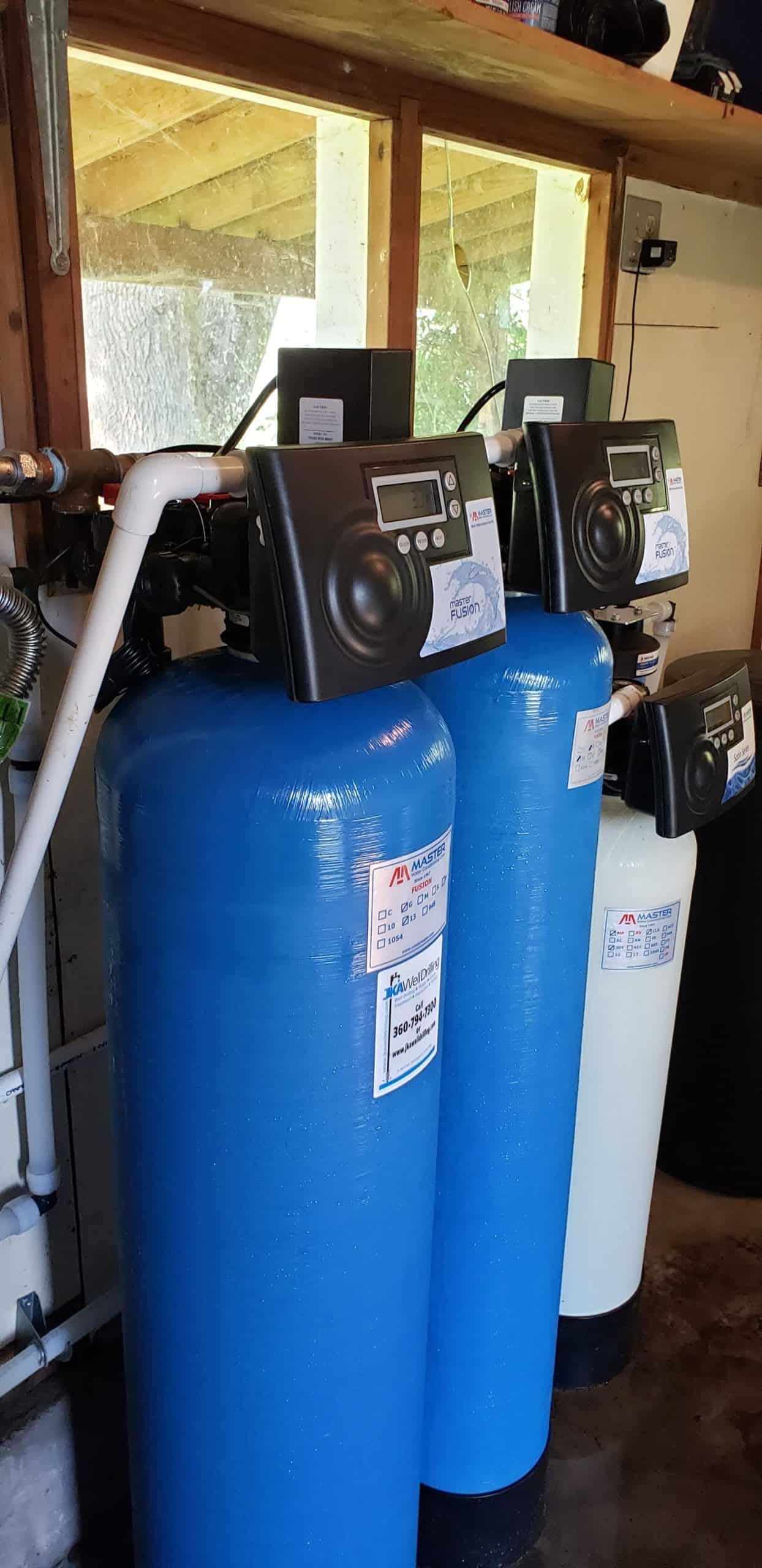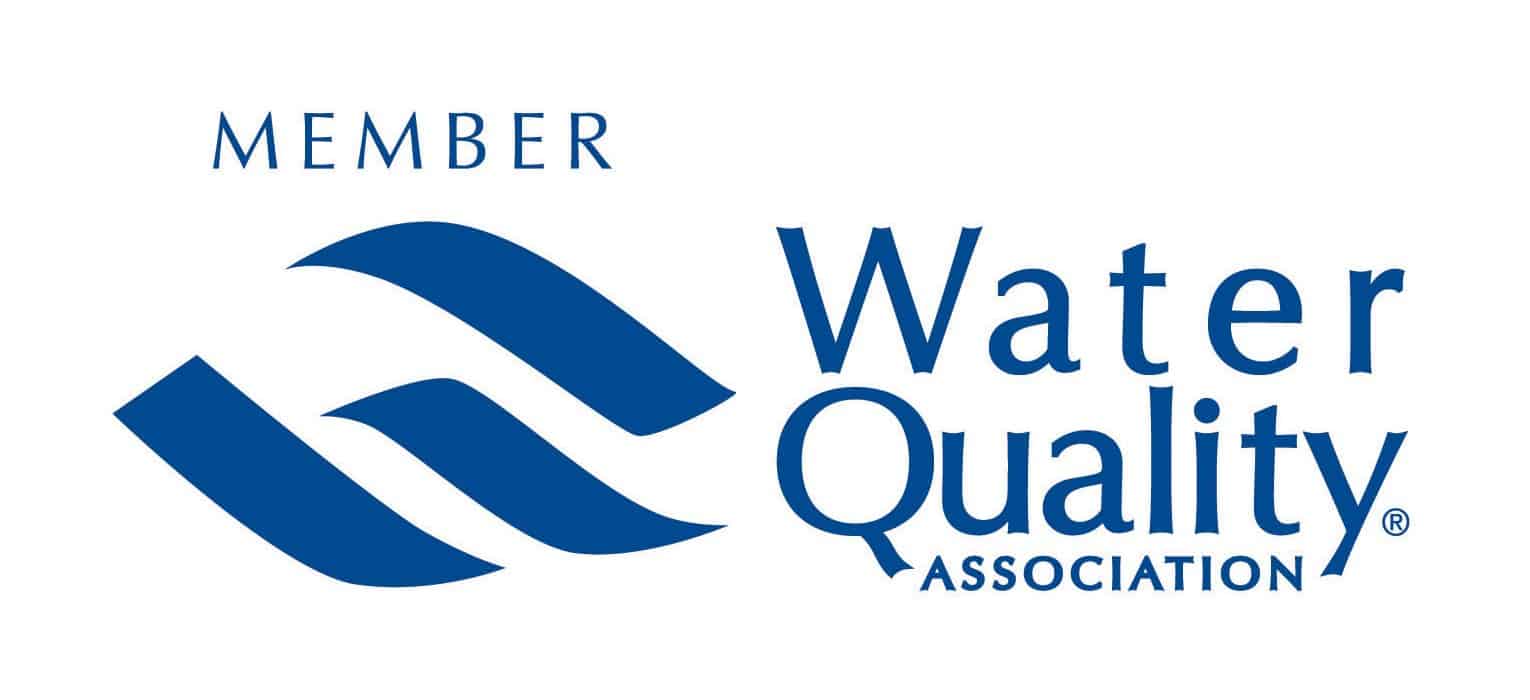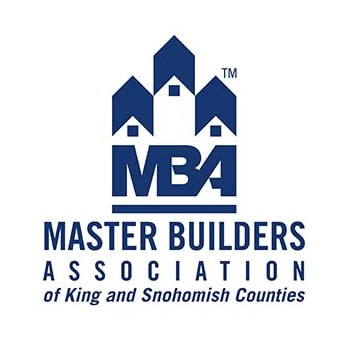Whole House Carbon Filtration is Used to Remove PFOAs
When it comes to keeping our families safe and healthy, we all want to make sure we’re doing everything we can. One critical area of concern is the quality of our drinking water. Unfortunately, many homes across the country may have unsafe levels of Forever Chemicals, known technically as Perfluorooctanoic Acid (PFOA), in their water, which can be harmful to health. However, there is a simple solution to this problem: whole-house backwashing carbon filters.
Whole house backwashing carbon filters use activated carbon to remove contaminants from your water, including PFOAs. These filtration systems offer several benefits that can improve your family’s health and well-being.

Whole House Backwashing Filtration System with Carbon Media for PFOA’s removal
Improved Water Quality
One of the most significant benefits of using a whole-house backwashing carbon filter is improved water quality. Carbon filters are highly effective at removing impurities and contaminants that can affect the taste and smell of your water. In addition to removing PFOAs, these filters can also eliminate other harmful chemicals, such as chlorine, that may be present in your water.
Reduced Health Risks
PFOAs are a known carcinogen and have been linked to a range of health problems, including kidney damage, thyroid disease, and developmental issues in children. By using a whole-house backwashing carbon filter to remove PFOAs from your water, you can significantly reduce your family’s exposure to this harmful chemical, reducing the risks of these health problems.
Cost-Effective Solution
Who wants to run to the store every time they need drinking water? Investing in a whole-house backwashing carbon filter is a cost-effective solution that can save you money and time in the long run. By removing contaminants from your water, these filters can help reduce the need for expensive bottled water or other filtration systems. In addition, carbon filters are relatively easy to maintain, requiring only periodic replacement of the filter media.
Easy Maintenance
Whole-house carbon filtration systems do not generally require maintenance by the Owner – other than to periodically check that the clock is set correctly in the valve head (LCD display). The installer can come to your home once a year or so, clean the valve head, and maintain the ozone system, if present, and every 5-10 years, the media bed will need to be replaced.
Environmentally Friendly
Whole house backwashing carbon filters are an environmentally friendly solution to water filtration. By reducing the need for bottled water, these filters can help reduce plastic waste and protect the environment.
The Importance of Water Filtration
Whole house carbon filter systems are generally the second to last filter in your water treatment process, and almost EVERY home in America can benefit from the results of activated carbon – look at the success of Brita and other carbon filters in your kitchen! Whole-house systems just bring that to every fixture in your home.
Investing in a Whole House Backwashing Carbon Filter
Investing in a whole-house backwashing carbon filter is a smart choice for anyone who wants to ensure the safety and quality of their drinking water. These filters offer several benefits that can improve your family’s health and well-being, including improved water quality, reduced health risks, cost-effective filtration, easy maintenance, and environmental friendliness.
If you’re ready to invest in a whole house backwashing carbon filter, it’s essential to choose a reputable and reliable filtration system that can meet your needs. There are many different options available on the market, and choosing the right one can be challenging. It’s crucial to research different products and manufacturers, read reviews, and consult with experts in the field to make an informed decision.
What else is recommended?
Because carbon is such a good filter, it can theoretically allow for bacteria to grow in the nooks and crannies of the carbon media. We use Master Water’s FUSION system to keep a naturally antibiotic charge of ozone in our carbon filters, but it may also be a good idea to follow carbon with UV to 100% purify drinking water for bacteria and virii.
Also, your water should be tested on-site by one of JKA’s trained technicians for iron, hardness, TDS, and pH, at the minimum, to verify that your water is suitable for carbon filtration.
Conclusion
Overall, investing in a whole-house backwashing carbon filter is an effective and affordable solution to the problem of PFOAs in your drinking water. By providing comprehensive filtration that removes contaminants and impurities from your water, these filters can help keep your family safe and healthy. If you’re concerned about the quality of your water, consider investing in a whole-house backwashing carbon filter today.




